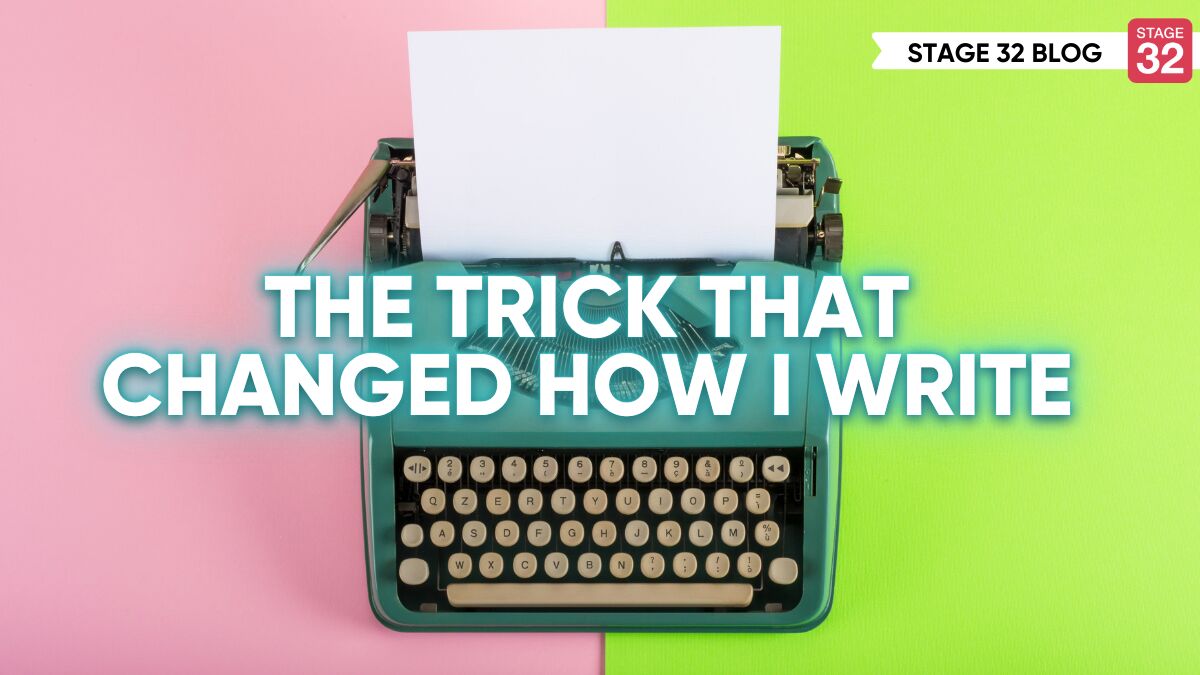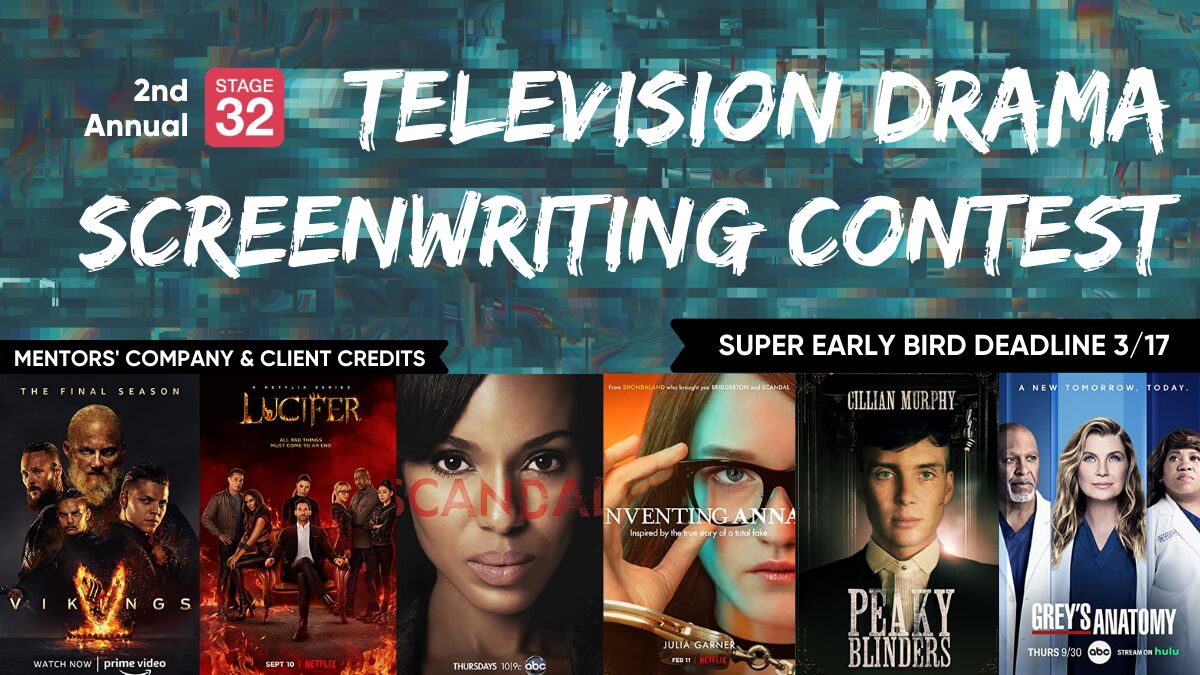The Power of Mentorship in the Creative Journey
As creatives, we can all probably remember the first person who took notice of the unique turn of our minds and chose to affirm it – whether that was a teacher, a parent, a friend, a sibling, or an early fan of our work. This person’s words might have given us exactly the encouragement we needed at exactly the right time.
The truth is, it’s very easy for the self-doubt, the self-criticism, Imposter Syndrome, fear, and the inner forces of Resistance to win the day. There’s a reason why there are about a million YouTube videos and as many books and articles on this subject. Our inner coach is usually the harshest voice we will ever encounter on the creative journey – and that’s why it’s so important to balance it out with the voice of someone who knows you, your work, and your goals. Someone who encourages you, but can also challenge you, in the very best way, to grow.
The value of this kind of mentorship was thrown into sharp relief for me in January, when I learned that beloved writer and teacher David Farland had passed away. Dave was the first person of any stature in the literary world who affirmed my creative pursuits, and I will be forever grateful for his guidance and his words of encouragement.
Each step of our journey is shepherded by those who take interest in our work and care enough to foster it in some way, and I wanted to take a moment today to reflect on how powerful this positive guidance is for building a lasting habit of creative production.

The Power of Affirmation
“You are a professional writer.”
That’s what he said to me, as we had a one-on-one lunch together during the writing workshop he was hosting here in Dallas. I was working on the third book in a sci-fi trilogy at the time, and we’d done a read-aloud exercise just prior to our lunch. The brief snippet I read aloud was enough for Dave to tell me that I should do readings for every book I released, and it was also enough for him to tell me, when we sat down for this lunch-meets-career-guidance session, that I was a professional.
This conversation took place a couple of years before I decided to go full out on my dream of writing for film, but his affirmation stayed with me. Without it, I never would have had the courage to take that first step. And when that writing contest launched me into this whole new world, I sent him a note and thanked him for his encouragement.
His words are still with me today. I have a post-it note with the words “I am a professional writer” stuck to my computer. It was as if he knew exactly what I needed to hear, and what I would continue to need to hear, as I built my creative career.
The beautiful thing about this affirmation is that it is both a recognition and a challenge. It is who I am, and who I am aspiring to be. And it helps me take the actions that make that statement true.
I love this affirmation for another reason too. It’s not something that my mind automatically rejects, as it might reject simple praise when I’m really in the throes of self-doubt or Imposter Syndrome.
Mentors who affirm your creative process and your progress do more than just praise you. They challenge you to level up, to keep striving, to push yourself when you’re not sure you can. They’re like good coaches in this way. They know how to celebrate your wins, but they also know how to motivate you to move forward.

The Gift of Guidance
One of my favorite parts of that workshop I attended with Dave Farland all those years ago was his discussion of the business of writing. He talked candidly about his own experience in the industry–and it was vast–and he gave us the best advice he could to help us make our own decisions about the trajectory of our careers. And then, as I said, he also took the time to meet with the workshop attendees one-on-one to address our specific questions and talk to us about our specific goals.
A mentor is able to offer guidance from the perspective of someone who’s “been there, done that.” They’ve walked the path you’re stepping onto, and they’re able to show you where they got into trouble and where they went right. By working with a mentor, you can learn from mistakes without having to make them yourself, shortening your own learning curve as you build your skills.
A mentor can also be a great sounding-board for your ideas. They can help you see the potential in your concepts, or work with you to address areas of weakness. Because they balance an affirmation of your strengths with an honest and constructive critical assessment of your work, these discussions should feel energizing and empowering. At the end of the day, you and your mentor want the same thing: your success.
You can have different mentors for different aspects of your creative career. A writing mentor, for example, can talk to you about their experiences, your goals and your current work, and help you navigate the challenges particular to this kind of creative career. A business mentor might help you with entrepreneurship, confidence, networking, and the particular skill set that goes with building a business. A good manager may be able to mentor you in these areas too.

Education
Guidance and education are two different things, though they share some features in common. If guidance is about navigating the ups and downs of the creative journey, education is specifically for skill-building. A mentor can give you targeted advice on which skills you should work on in order to advance to the next stage of your career, but this advice is based on their experience in the industry, not necessarily on their “book knowledge” of the writing craft.
Teachers who are also mentors can help you understand the tools and techniques of your creative niche, but they also help you understand why those tools are important for your growth. You know you’ve stepped out of the realm of instruction and into the world of mentorship when a teacher starts sharing their experiences and offering thoughts on how you can apply what you’re learning to build your own trajectory.
I want to note that some mentors who can help you with your skills may not be writers or creatives themselves. They may be executives, managers, editors, literary agents, or writing coaches who know the industry and are therefore well equipped to help you understand what works and what doesn’t from a commercial point of view. While they might not be able to help you navigate writer’s block, their unique perspective can help you level up your craft.

Finding a Mentor
If you’re not sure how to find a mentor who can offer you the kind of affirmation and guidance you need at this point in your creative journey, you’re in exactly the right place. Our Stage 32 community is a great place to find others who may be a few rungs ahead of you on the career ladder and who are willing to share their experiences with you.
I also recommend attending writing workshops and conferences, now that we’re hopefully coming out of the pandemic and people are gathering again in-person. Find presenters with whom you resonate and see if you can connect with them. One word of advice (which probably goes without saying, but I’ll say it anyway): be respectful of their time. Realize that not everyone has the ability to offer you guidance on a continual or routine basis, but they may be willing to share their wisdom on a specific question or two.
I once listened to a business podcast where a successful entrepreneur mentioned that she’d been mentored by industry giants like Oprah. When the host asked her what she meant, she explained that she’d read their books and listened to interviews. While I’ve been discussing personal, one-on-one relationships, there is also a lot to be gained from becoming an acolyte of someone who has done what you want to do, even if you don’t have the chance to work with them personally (yet). YouTube, podcasts, books, magazine articles, webinars – all of these offer a wealth of opportunities to study at the feet of those who have walked ahead of us on the journey.
My last word of advice: don’t let fear stop you from reaching out (with the above note about respect in mind). If someone offers you a chance to connect, take it. And if they don’t offer, just ask. The worst thing they can say is “no” – and that’s okay.
As Stage 32 CEO Richard "RB" Botto says, "you are the CEO of you". And that means that you have the power and the privilege of deciding when you need guidance, and who you want in your corner.
Every encounter with someone who either is doing or has done what you want to do is a chance to learn from their experience. And realize too that you have the chance to give back to this community as a mentor yourself – so be generous and encouraging. We could all use a high five and a “keep going, you got this!” on our journey.
Finally, I want to honor Dave’s memory as a teacher, mentor, and creative force in this world by handing on the gift that he gave me: the affirmation that changed the course of my creative career.
You are a professional.
Say it to yourself. Put it on a sticky note and look at it every time you sit down to work. Believe it about yourself, wherever you are on the path, right now.
You are a professional. You can do this. You are doing this. And we’re all cheering for you.
About S.K. Valenzuela

Shannon (S.K.) Valenzuela is a novelist, ghostwriter, and award-winning screenwriter. Her curiosity about pretty much everything means she loves writing research-based stories: grounded sci-fi and historical fiction are her particular playgrounds of choice at the moment, though she also loves a good science fantasy adventure.
When she’s not penning her own stories, she loves her work as a story coach and creative entrepreneur at The Story Scene. She specializes in helping new and emerging screenwriters and novelists, and she’s coached dozens of writers through their first drafts and rewrites.
She’s also the host of the Subject Matter Expert podcast, which is designed to inspire and inform sci-fi writers through interviews with scientists, thought leaders, and writers working in the genre.
In real life, she’s a university professor with a Ph.D. in Medieval Literature, so you’ll also find her in the classroom exploring the poetry of Homer and Dante. She loves teaching stories almost as much as she loves writing them.
More Stage 32 Blogs by Shannon:
5 Tips for an End of Year Creative Review
Stage 32 Success Story: Learn How Shannon Got Her Manager Through Stage 32!
The Ancient Rules of Storytelling
Story Tetris: Discovering Your Story through Structure
5 Common Scene Struggles and How to Fix Them
Lessons from Lyric Poetry for Screenwriters
Designing Your Creative Year: Plotting vs. Pantsing
Beyond Story: Setting Learning Objectives for your Writing
Four "Off the Page" Skills to Practice Now
Character Outlining Gets a Makeover
3 Strategies for Better First Drafts
The Starting Line: Understanding Character Want & Need
In the Details: 5 Tips for Story Research
Let's hear your thoughts in the comments below!
Got an idea for a post? Or have you collaborated with Stage 32 members to create a project? We'd love to hear about it. Email Taylor at taylor@stage32.com and let's get your post published!
Please help support your fellow Stage 32ers by sharing this on social. Check out the social media buttons at the top to share on Instagram @stage32 Twitter @stage32 Facebook @stage32 and LinkedIn @stage-32
| The Trick That Changed How I Write |
| Announcing the 2nd Annual Television Drama Screenwriting Contest |
Search Stage 32 Blog
There are now 3681 blog posts for you to enjoy. Search them all by tags below.
Acting, Advice, Cinematography, Coffee & Content, Composing, Contests, Distribution, Featured, Filmmaking, Financing, Inspirational, Networking, Producing, Screenwriting, Success Stories, Tips, Trending,Relevant Tags
Recommended Articles

Why Write About Your Experiences Through Fantastical Lenses?

Advice For Screenwriters From An Award-Winning Producer & Repped Screenwriter

Own The Future: Why I Believe Screenwriters Should Embrace AI
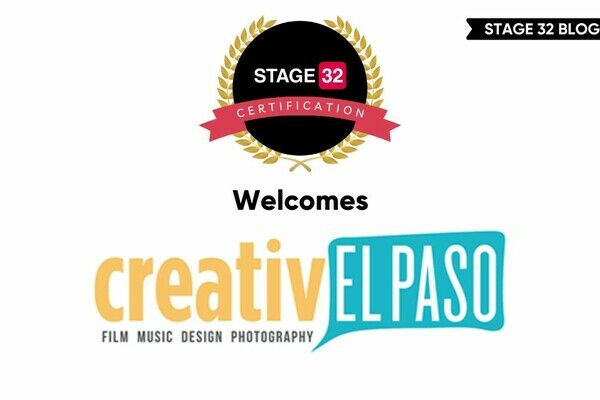
Stage 32 Certification Welcomes El Paso, Texas!
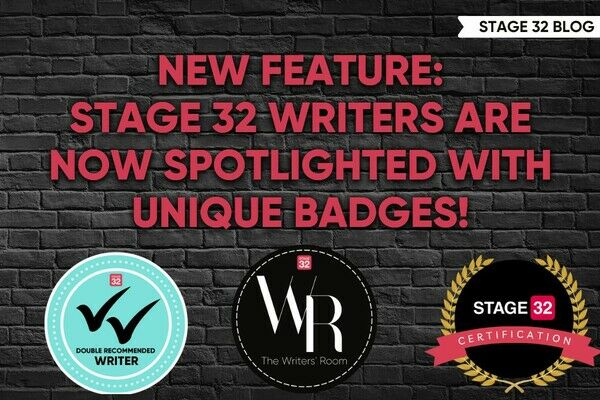
New Feature: Stage 32 Writers Are Now Spotlighted With Unique Badges!

5 Tips For Writing Your Life Story

Celebrate the November 2024 Stage 32 Community’s Successes
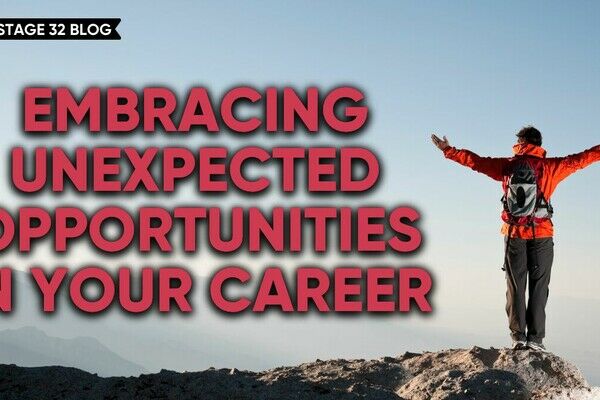
Embracing Unexpected Opportunities In Your Career
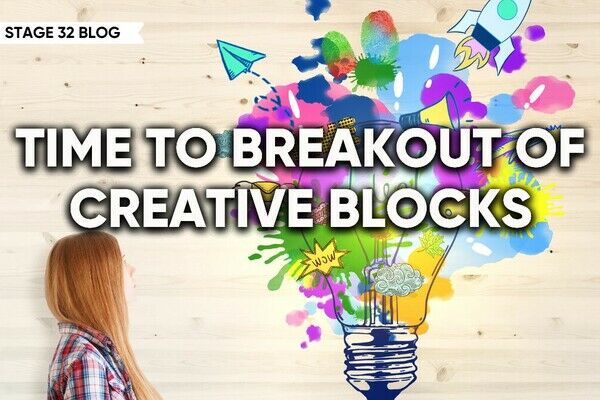
Time To Breakout Of Creative Blocks



